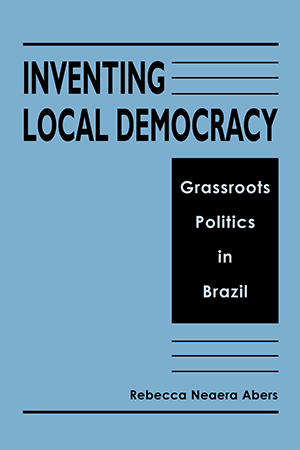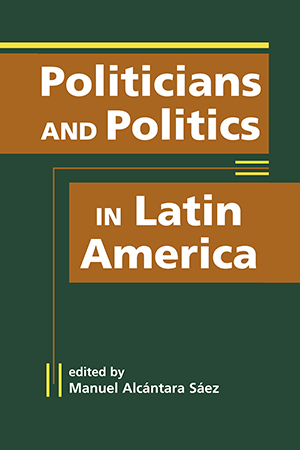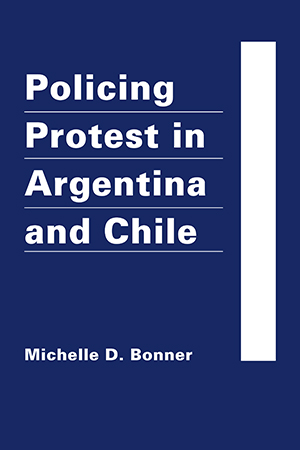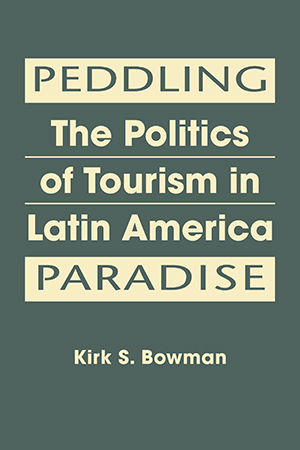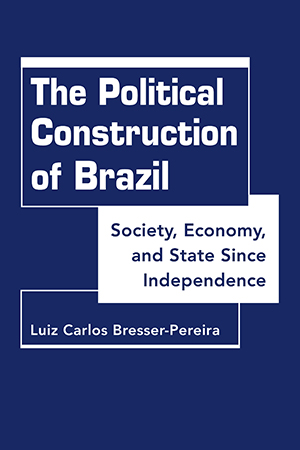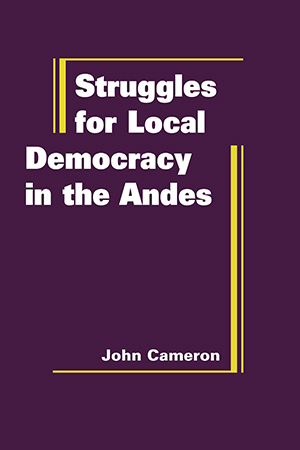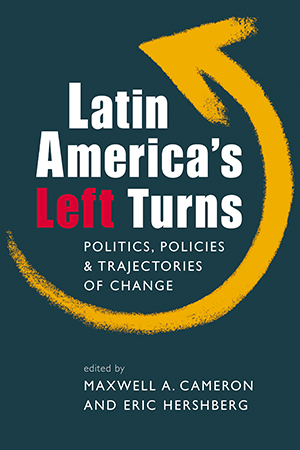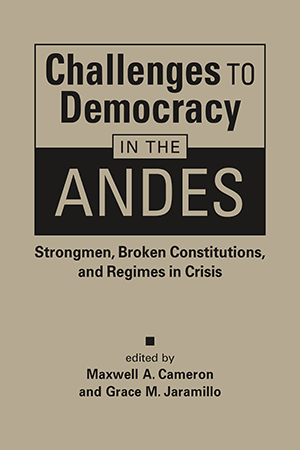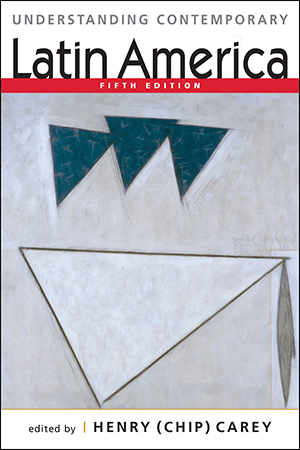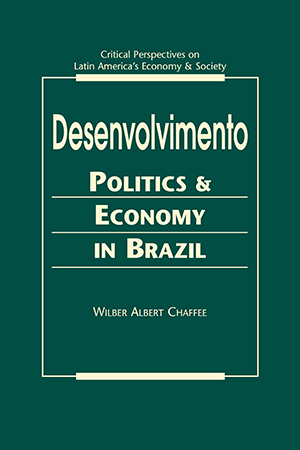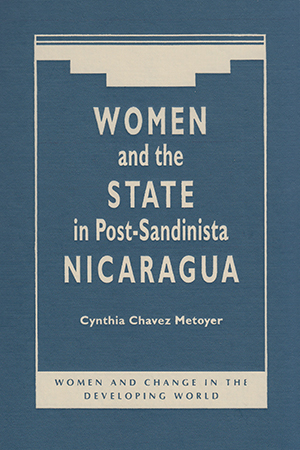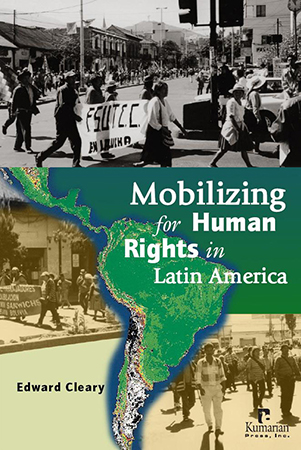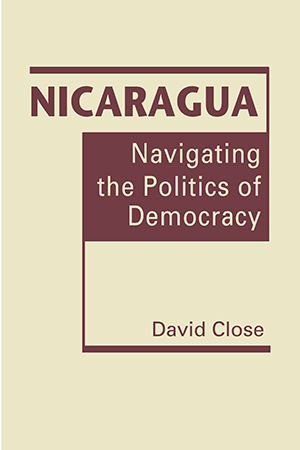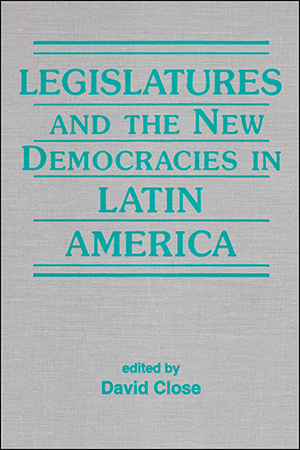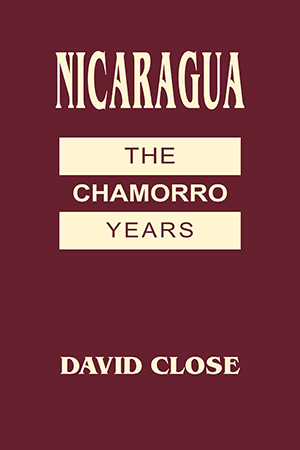Latin American and Caribbean Politics
Countless studies of citizen participation in public decisionmaking point out the limitations of direct democracy when it is transported from the realm of political theory into the More >
The premise of this book is, simply, that politicians matter—that an understanding of the role played by politicians in the way that politics is carried out in their countries is, far More >
Winner of the Canadian Political Science Association's Prize in Comparative Politics, 2016! Despite the pervasiveness of electoral democracy in Latin America, the police continue to More >
With tourism lauded throughout Latin America as a sure engine of economic growth, actual performance in the sector has varied to an extreme degree. Kirk Bowman asks why. Why did states More >
Spanning the period from the country’s independence in 1822 through mid-2016, Luiz Carlos Bresser-Pereira assesses the trajectory of Brazil's political, social, and economic More >
John Cameron draws on power-based approaches to the study of democratization as he thoughtfully explores efforts by indigenous and peasant groups to gain control of local governments and More >
This accessible look at Latin American politics explores how—and to what effect—diverse forces on the left have not only captured the imagination of vast swathes of the More >
Although military coups are rare in the Andean countries, democracies remain prone to deep political crises caused by elected leaders (especially strongmen, or caudillos) who abuse their More >
This new edition of Understanding Contemporary Latin America, the first under the editorship of Henry (Chip) Carey, reflects the many changes that have occurred in the region in the decade More >
The Brazilian economy has long been characterized by rapid growth—but equally by high inflation and an extreme maldistribution of wealth, despite the strong international reputation of More >
After winning a stunning and decisive victory in Nicaragua’s 1990 presidential election, Violeta Chamorro reversed much of the social and economic policy enacted by the previous More >
In this follow-up to his widely read The Struggle for Human Rights in Latin America, Edward Cleary examines some of the robust human rights movements of the past two decades. More >
Since the 1970s, Nicaragua has experienced four major regime changes—shifts in its fundamental logic, structure, and operational code of governance. What accounts for such instability? More >
Legislatures are indispensable parts of constitutional liberal democracies, controlling and criticizing the executive while voicing a wide range of opinions on public issues. This book More >
In 1990, Nicaraguans voted out the revolutionary Sandinista regime and replaced it with the conservative government of President Violeta Chamorro. Chamorro's term of office was marked by More >


